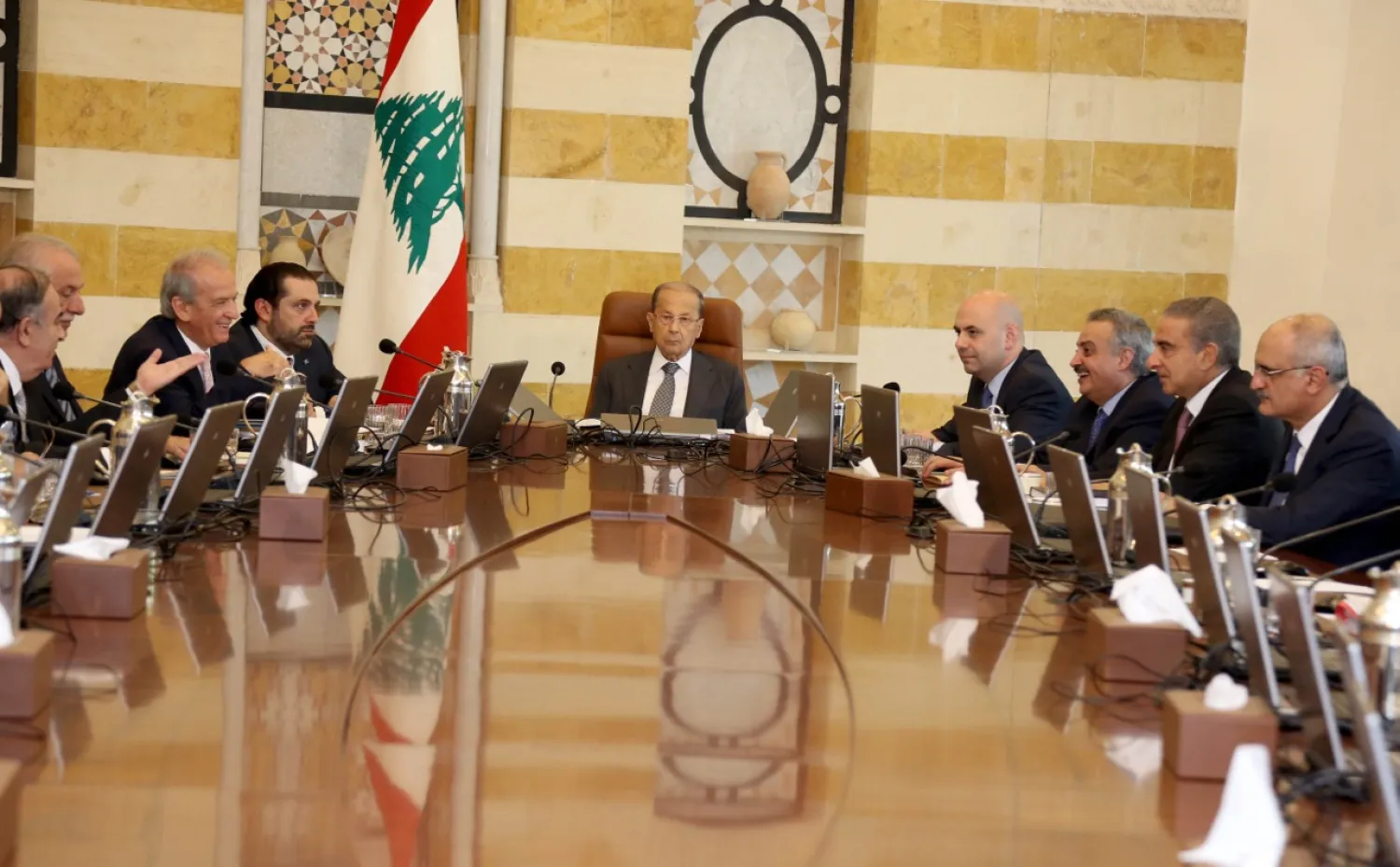Lebanon’s Cabinet formed Thursday an electoral body to prepare for next year’s parliamentary polls.
The supervisory body “is a first step in the process of preparation for the elections and must be followed by other accelerated measures”, official sources told Asharq Al-Awsat newspaper.
The sources added that the Interior Ministry formed a specialized technical committee, which includes representatives of the ministry’s different departments, to coordinate arrangements for the upcoming elections.
Following the Cabinet session on Thursday at the presidential palace in Baabda, Information Minister Melhem Riachi said that the supervisory body would be headed by Judge Nadim Abdel-Malek and would include ten members, who are representatives of “civil society and unions.”
The elections are set to take place in May 2018 – the first time Lebanese voters are able to go to the polls since 2009.
The committee will be tasked with controlling electoral spending, receiving financial statements of electoral campaigns, managing requests by media outlets wishing to participate in paid electoral advertisements, in accordance with the provisions of the electoral law, monitoring compliance to the regulations and preparing reports to be submitted to the president, the speaker and the prime minister.
Speaking to Asharq Al-Awsat, the executive director of the Lebanese Association for Democratic Elections (LADE), Omar Kaboul, described Cabinet’s appointment of the supervisory body as a “positive step”, pointing out that one of the experts designated by civil society associations was selected as a member of the body.
“But we still insist that this body should be fully independent, not subject to the authority of the Ministry of the Interior,” he stated.









